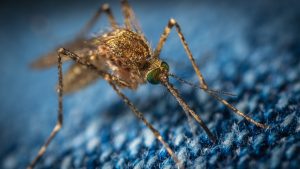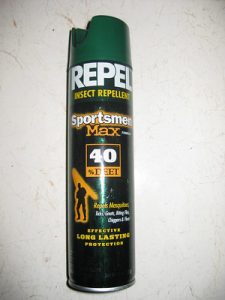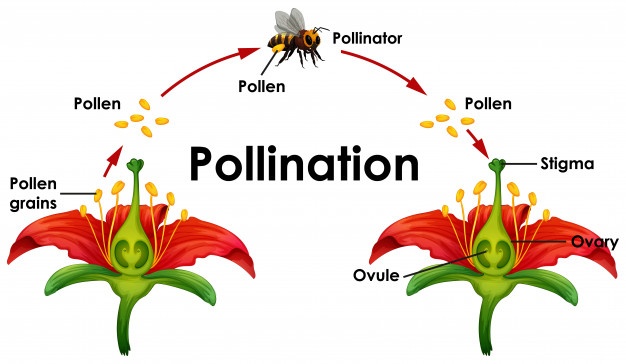Although catnip is often used as a special treat for cats due to its euphoric and hallucinogenic effects, it has quietly been known as a powerful insect repellant. This strong reaction towards insects has led to scientists considering catnip as a potential replacement for currently available insect repellents.
However, up until now, it was not understood how exactly catnip repels insects. A recent study performed by Dr. Nadia Melo and her research team provides the necessary context to show how exactly one of the main chemicals in catnip, nepetalactone, can be used to create the next class of insect repellents!

Insect repellents are used to fend off insects such as this mosquito, which can spread disease through its bite.
Source: Unsplash.com/ekamelev
What’s wrong with current insect repellents?
DEET and permethrin are currently the two most commonly used chemicals in insect repellents. These chemicals get the job done, but they do have their downsides.
Firstly, certain mosquito species are developing resistance (ability to withstand effects) to insect repellents containing these chemicals according to a study performed by Dr. Deletre’s research team. This is very concerning as it is important for insect repellents to be effective at stopping mosquitoes because they are prominent spreaders of diseases such as malaria.
This short video by MalariaGEN does a great job explaining what resistance is in further detail and talks about how insecticide resistance occurs.
Video Source: MalariaGEN | Youtube
Furthermore, insect repellents with DEET and permethrin have their dangers, as they can potentially have toxic effects in adults based on reactions that some people have had.
Keeping these reasons in mind, it is clear that there is a growing need for a better insect repellent than the current insect repellents on the market.
This is where catnip comes into play.
What makes catnip a good insect repellent?
Catnip contains a chemical called nepetalactone that is able to repel certain insects including mosquitoes. Research has shown that nepetalactone has similar effectiveness to DEET, indicating that it can be a good replacement for current insect repellents. Furthermore, nepetalactone has shown that it is non-toxic to humans based on the many interactions that humans have had with catnip.
How it works:
Dr. Nadia Melo and her research team were able to determine exactly how nepetalactone causes a strong reaction in insects. They found that nepetalactone was able to activate a pain receptor called TRPA1 in insects, which caused a strong irritating response in the insect’s body. In other words, nepetalactone turned on a switch in the insects that resulted in them experiencing pain.
Scientists have stated that the way this chemical irritates insects is more complicated than the way that DEET and permethrin repel insects. Thus, they have suggested that mosquitos and other insects are less likely to obtain resistance to nepetalactone.
Future of Nepetalactone:
The doors are now open for a new generation of insect repellents based on catnip.

The use of nepetalactone to make new insect repellents can potentially replace current insect repellents containing DEET such as the one shown here.
Source: flickr.com/skiarc
Nevertheless, there is still work to do. Future studies are now looking into whether nepetalactone can be modified to trigger an even stronger reaction in insects. Furthermore, they are looking into exactly which species of insects that this insect repellent will work for.
-Karnvir Dhillon


